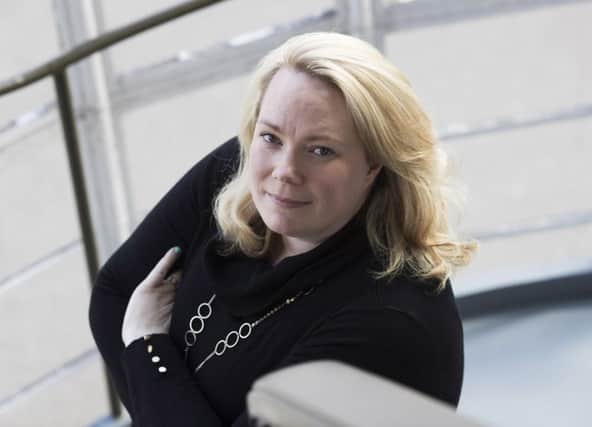Between the lines: Narrowing the gender pay gap


The PR industry is dominated by a female workforce. As I look around my own office, I count the ratio of women to men at 6:1 and the PRCA (Public Relations and Communications Association) counts the workforce split across the UK as 66 per cent female, 34 per cent male. But, despite this show of strength from the female population, our gender pay gap has actually risen from 17.8 per cent to 21 per cent over the last two years. Pay disparity now sits at over £11,364, figures that Francis Ingham, director general of the PRCA, freely admits are “shocking” and “intolerable”.
Should we mind the gap? And if we do, how do we close it? Well let’s get one thing straight: the gender pay gap is NOT an equal pay issue. It’s a crude statistical measurement of how wealth is distributed. If women are not progressing up the career ladder at an equal pace to men, then it follows that a gender pay gap will exist. If progression (or a lack thereof) is ultimately to blame, then what’s holding women back or propelling the men forward faster?
Advertisement
Hide AdAdvertisement
Hide AdA short debate in our office about this very subject elicited no small number of reasons for this disparity. At the heart of all the reasons why – no surprise – are children and family commitments. Returning to the workplace after having a baby is simply proving difficult for our industry to manage and I sincerely doubt we are alone in these challenges.
There’s a prevailing perception that clients expect to have 24/7 access to personnel and this creates an “always on call” attitude pervading agency culture, long working hours that extend way beyond your contract terms and the blurring of work/life boundaries thanks to technological advancement. This is a recipe for disaster when it comes to having a clearly defined work life and family life. Nearly half of PR professionals surveyed by the PRCA make work-related calls or answer emails every day of the week. Combine this with limited access to and extortionate costs of childcare and we have a problem. But it’s not a new problem.
In the gender pay gap we do have, however, a brand-new measurement to guide us. And, finally, a compulsion to change because, for some companies, their gaps are downright appalling. Moving the needle will be difficult but industry needs to embrace new ways of working that artfully blend (or separate) work and life more effectively. Deploy flexible working practices, make best use of cloud technology, have clearly defined roles and carefully manage client cover so that our people can craft a working life that enables people to have their cake, and eat it.
- Tricia Fox, CEO of independent PR and marketing agency Volpa